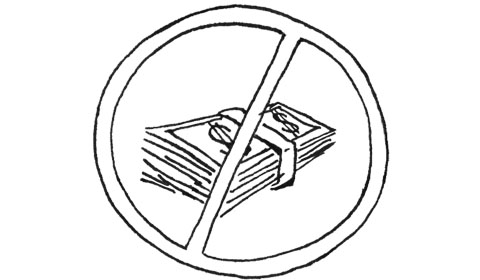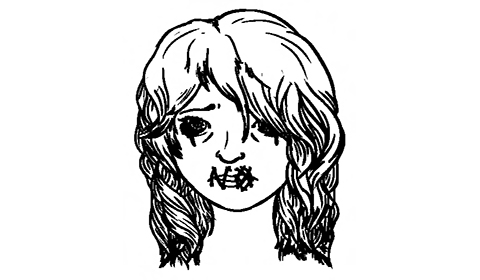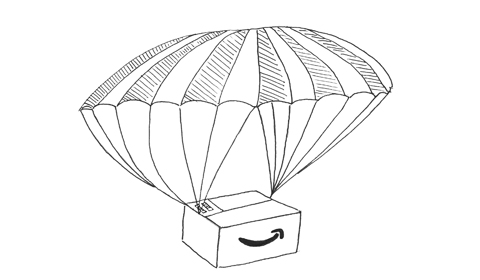
Zach, a sophomore at Palisades Charter High School, has noticed the changes made on his school’s campus as a result of budget cuts in the Los Angeles Unified School District (LAUSD). “Teacher salaries have been cut back, and there aren’t enough textbooks in the classroom for everyone. Parents donate simple things like Kleenex and white-board markers,” Zach remarked.
Senator’s water polo team “can’t get the equipment necessary to play,” he said. Although the LAUSD has increased college acceptance rates, many students are still detrimentally affected by the lack of school funding.
Currently, in the LAUSD, there is a $640 million deficit, and further budget cuts are being proposed. The proposed cuts could deduct $800 a year from the amount of money allocated to each student in the district. Without additional money, schools will be forced to eliminate superfluous classes that don’t require state-monitored exams at the end of the year, leading to the cancellation of art and physical education classes. Without supplemental funding, five-to-15 days of the school year will be cut, affecting the pace at which students will prepare for AP exams and creating additional work for students to finish over the summer.
Proposition 30, The Schools and Local Safety Protection Act of 2012, which is supported by Governor Jerry Brown, was designed to provide more revenue for the State General Fund in order to prevent further cuts this school year. Taxpayers who make more than $250,000 now pay 3% more of their personal income in taxes to support the state’s public school system.
While high income earners are already affected, all citizens will soon feel the repercussions of Proposition 30, as a .25% increase in sales tax will be implemented over the next seven years. This new program attempts to reduce the deficit by generating between six to nine billion dollars in revenue, which will hopefully help mitigate the lack of school funding.
Tony Brown, Executive Director of Heart of Los Angeles, runs free after school arts and athletics programs that help fill the gaps left in students’ education by budget cuts in schools.
“Regardless of what test scores are saying, I’ve seen the gap widen between the private-school-educated students and the public-school-educated students,” Brown said.
Brown notes that the quality of support that students receive has decreased as a result of recent budget cuts.
Additionally, the elimination of summer programs, which typically keep students busy and off the streets when school is not in session, has led to more and more students joining gangs.






